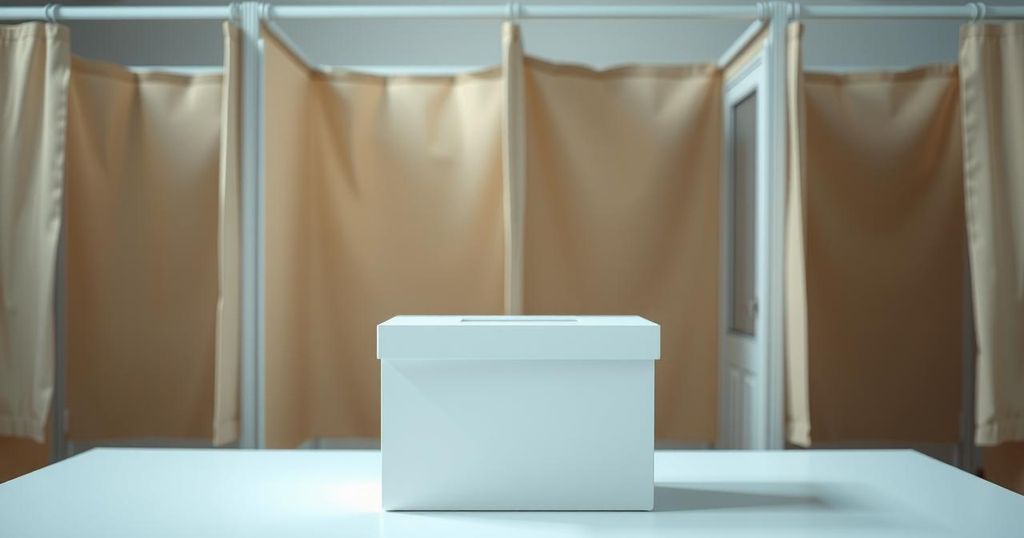Ecuador’s Presidential Election: A Closer Look at the Runoff Between Noboa and González

Ecuador’s presidential election resulted in a runoff between incumbent Daniel Noboa and challenger Luisa González on April 13. Noboa leads slightly with 44.3%, while González follows closely at 43.8%. Both parties significantly captured National Assembly votes, suggesting potential coalition-building for governance. Analysts highlight the tight race and strategic campaigning required to attract undecided voters among pressing national issues like security and economic reform.
Ecuador held its presidential elections on February 9, where citizens prioritized security and economic concerns. With 92% of votes counted, incumbent Daniel Noboa, of the Acción Democrática Nacional (ADN), led with 44.3%, slightly ahead of Luisa González from the Citizen’s Revolution (RC) at 43.8%. A runoff is set for April 13, as both candidates vie for votes in a race that closely resembles their previous face-off in 2023.
In the National Assembly elections, Noboa’s ADN party garnered 43.5% of votes, followed closely by González’s RC at 41.2%. Both parties are expected to have significant representation, suggesting a robust legislative power dynamic. This indicates that either Noboa or González could potentially achieve a functional majority with smaller political factions, which is critical for implementing essential reforms to tackle the country’s economic and security challenges.
Analysts noted that Noboa’s performance during his first term is notable given the historical trend of Ecuadorian presidents struggling for reelection. Sebastián Hurtado from PRóFITAS emphasized the public’s support for Noboa, despite persistent violence and economic issues during his tenure, hinting at high expectations for progress in the next term. However, the close results indicate that the correísmo movement remains a strong presence in Ecuadorian politics.
Camila Ulloa from On Think Tanks noted the intense competition leading to the April runoff, with Noboa operating a strong digital campaign to attract young voters. Despite his efforts, he faces challenges such as security concerns and internal administration clashes that have marred his administration’s image. González, meanwhile, will have to broaden her appeal beyond traditional supporters and engage with other political factions to secure a victory.
Saudia Levoyer, a political science professor, highlighted the complexities both candidates will face in appealing to undecided voters, especially those who chose third-party candidates or abstained. The dialogue surrounding sensitive topics, including corruption allegations and economic policies, will be crucial in polarizing the electorate further. Both candidates need to position themselves carefully within the shifting political landscape to maintain or enhance their influence in the assembly and among the populace.
The upcoming runoff election between Daniel Noboa and Luisa González is set against a backdrop of intense competition and significant political stakes. With both candidates poised to attract undecided voters while addressing pressing issues such as security and economic reform, the election promises to unveil the future political direction of Ecuador. Continued engagement and strategic alliances will be crucial as both candidates seek to solidify their support and govern effectively.
Original Source: americasquarterly.org







